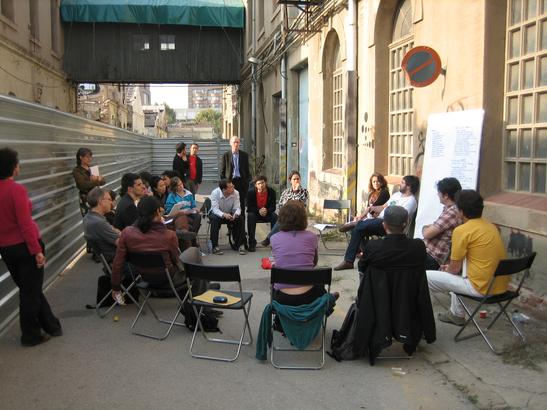 |
| http://irudiak.argazkiak.org/276df12b972b1b876f80402474acdf8d_c.jpg |
In the Flexible learning subject, you need to choose a theory which underpins the flexible learning strategies you are planning to introduce. Before looking further afield, you may wish to refresh by looking at previous work you have done in this area.If you find a learning theory that you wish to use and it is not mentioned in the course materials, please add information about it to the wiki in the section called: Theory
Activities: Adult learning theories for Flexible Learning.
- Explore adult learning theories relevant to your context.
- Choose a learning theory for your Flexible learning Plan.
- Describe the learning theory on your blog. Include the following:
- Define the theory.
- Explain the reasons for choosing the theory to support your FL plan - including the features of the theory which suit your students and style of teaching.
- Start with looking at Four Orientations to Learning
- Explorations in Learning & Instruction:The Theory Into Practice Database
- Find out more about some different theories - a keyword search of Google Books and the library catalogue will bring up lots of books on this subject. You may be interested in:
0 comments:
Subscribe to:
Post Comments (Atom)
